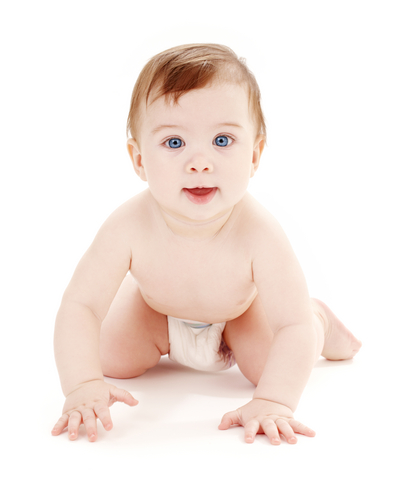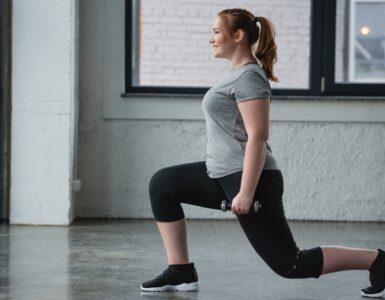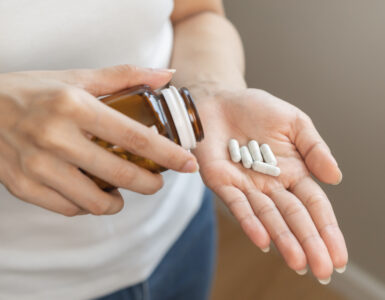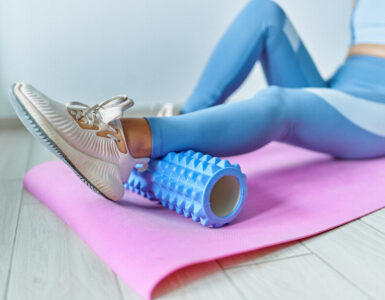Here are three important things you need to remember about diapers and swimming:
First:
You can buy diapers intended for use in pools. When purchasing these diapers you want to look for:
1. Correct fit—not too big—most are sized similar to regular disposable diapers and babies size
2. Snug/Tight around the legs and waist
3. Disposable or reusable—it is up to you—they have both.
These diapers are water-repellent—they do not absorb as much water as regular disposable diapers. Note: If your child defecates while in the pool, fecal material may still escape the diaper.
When that happens, everyone has to leave the pool while maintenance workers put in more chlorine, a bacteria-killing agent that keeps water safe for swimming. Then they have to wait until the added chlorine disperses and reaches safe levels. There are new types of purification that are being installed in many area pools.
A dirty diaper may contain diarrhea-causing germs, including the parasite called Cryptosporidium, Ecoli, Norovirus, or Guardia. These parasites can contaminate swimming areas. In otherwise healthy people, a Cryptosporidium infection causes severe diarrhea lasting from one to two weeks. People with severely weakened immune systems, however, may not survive the infection.
Urine in a pool is less risky than feces. But when you have a child at diaper age, it’s hard to separate the two. So for the most part, try to keep kids in diapers out of the pool. (Easier said then done.)
There are advantages and disadvantages of both the disposable and the reusable. The following chart may help:
| Advantages | Disadvantages | |
| Reusable—this also includes cloth diapers using a vinyl pant cover. |
*Cost per use makes them more *Hold their shape *Fit is more snug *Do not disintegrate in the pool |
*Washing them out is
*Initial |
| Disposable—swim diapers only—NOT referring to disposable diapers in general |
*Convenient *Less expensive |
*Absorb lots of water and makes *Breakdown and the polymer/gel |
Second:
Be very considerate of others—limit the time you even have your young children in the pool. Check the swim diaper before entering the pool, and check it immediately after. Consistently prompt your kids to take a time out to go into the bathroom and not to even urinate in the pool.
Third:
Be part of the education process by informing others of appropriate information. The following statement from the Center for Disease Control may be helpful:
“The use of swim diapers and swim pants may give many parents and pool staff a false sense of security regarding fecal contamination.
Little scientific information exists on how well they are able to keep feces or infection-causing germs from leaking into the pool. Even though diapers or swim pants may hold in some feces, they are not leak proof and can still contaminate the pool water. It is unlikely that swim diapers are able to keep diarrheal stools, the high risk event, from leaking into the pool and no manufacturers claim these products prevent leakage of diarrhea into pools.
Be aware that swim diapers and swim pants are not a solution for a child with diarrhea or a substitute for frequent diaper changing. It is recommended that you change your child often and make frequent trips to the toilet while swimming.”
Other Good Pool Hygiene:
Bath/shower the kids before entering the pool(including their bottoms)
Never take a child with diarrhea to the pool in the first place—two week time frame.
Take frequent bathroom breaks—even if a toddler is potty trained accidents happen—especially when they are having a good time and wearing a swimming diaper.
Change the children in the bathroom, not around the pool or swim area. Take plenty of sanitation supplies in your day pack, including antibacterial solutions.
Purchase Locations for Reusable Suits—called “swim diapers” or “pool diapers”:
All Together Enterprises—Salt Lake
Babinski’s—Salt Lake
Stork Landing—Logan
Mom and Me—Orem
Marine Products Pro shop—Salt Lake
Brat’s Kid Wear—Logan
CEM Aquatics—Salt Lake
Target Stores
Babies R Us
Mail order via the internet—numerous locations
For more information about diapers or any consumer product, get in touch with the USU Extension/Weber County Family and Consumer Science Education Department by calling (801) 399-8900 or visit them online at extension.usu.edu/weber















Add comment